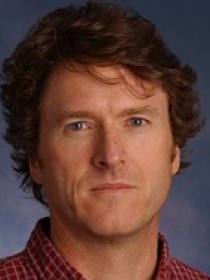
Peter Lindsay
Connect with Peter
About Peter
Lindsay’s expertise includes political philosophy, higher education, just war theory, and economic justice. In addition to Georgia State, he has taught at Harvard University, the University of New Hampshire and the University of Toronto, over which time he has won numerous teaching awards. Lindsay is also former Director of the Center for Teaching and Learning at Georgia State University.
Contributions
A Libertarian Case for Legalizing Gay Marriage
In the News
Publications
Contrasts two seminal works of political and social theory that were published in 1944: F.A. Hayek’s “The Road to Serfdom” and Karl Polanyi’s “The Great Transformation.” Examines how so much common ground paradoxically resulted in so much normative distance, arguing that the clash sheds an interesting light on recent philosophical debates over “ideal” and “non-ideal” theory, one that suggests that there are clear limits to the applicability of the former.
Proposes a way of looking at ownership in which its central conceptual feature is the agreement that brings it into existence. Ownership, on this understanding, derives its legitimacy from the extent to which people living under it give it their uncoerced consent.
Describes the patterns of what students think about their learning, gathered from 45 classes using mid-semester Small Group Instructional Diagnosis (SGID). Identifies insights into students’ perceptions of how learning works that are not included in the end-of-course student evaluations of instruction. Suggests possible clashes between student and faculty expectations.